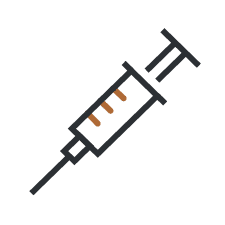While cocaine overdoses killed almost 14,000 Americans in 2017, overdoses are not the only problem cocaine presents. Heart disease, heart failure, and blood clots are all effects of cocaine which can lead to an early death.
If you or your loved one are struggling with a cocaine addiction, contact our experts at The Hope House to learn about a personalized approach to treatment — for results that last.







